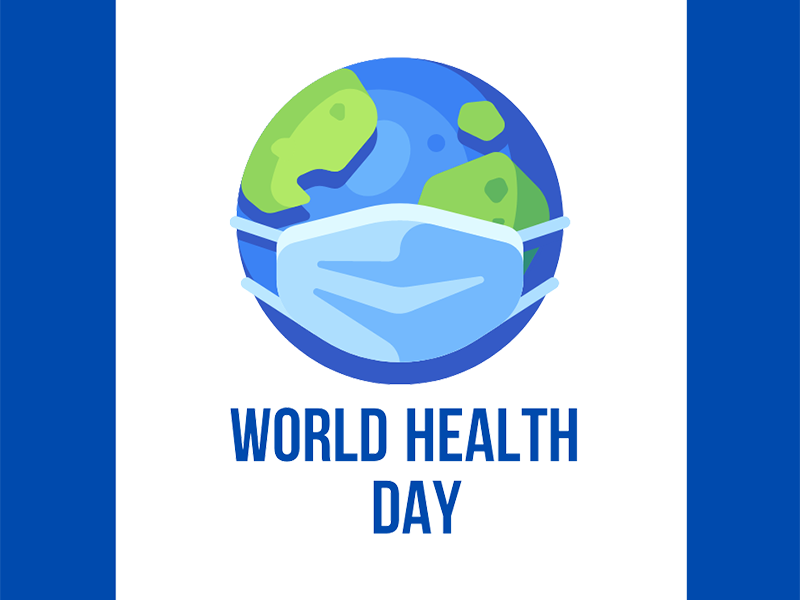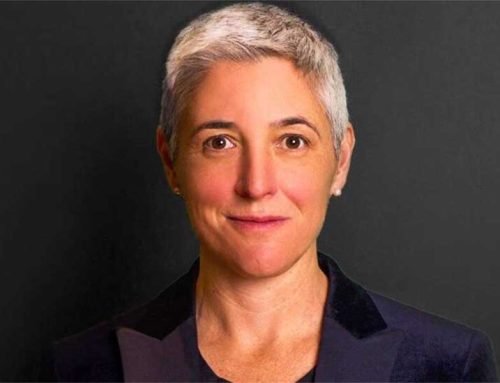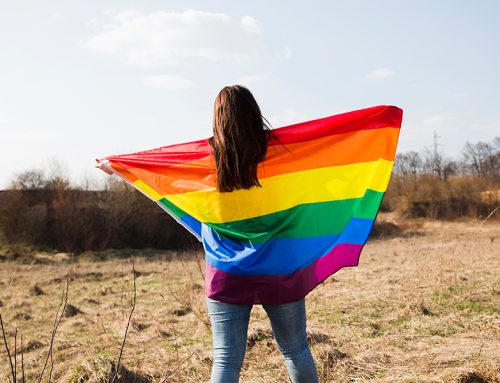Our world is an unequal one. Access to healthcare is not universal or guaranteed.
COVID-19 underlined this.
A few, mainly developed countries, notably New Zealand and Iceland, responded quickly. They were well-equipped and funded, with the right systems in place.
They were the exception:
- South Sudan has only 4 ventilators.
- In Subsaharan Africa, 28% of healthcare facilities cannot rely on a regular supply of electricity.
- In Bangladesh, Rohingya refugee camps lack access to sanitation and fresh water.
- More than 45 countries, says the WHO, have less than 1 doctor per 1000 patients.
- 200 million women, the World Bank reveals, lack access to family planning services.
The pandemic also revealed unfair distribution of resources.
On 1 April 2021, half a billion vaccines were administered. Of these, 86% were in high-income areas, compared with just 0.1% low-income areas.
All this is preventable, says the World Health Organisation (WHO). A fair, healthy world for all is perfectly achievable.
It’s been saying this annually since 1950, when it created World Health Day.
What is World Health Day?
Every year the WHO dedicates one day, 7 April, to promote the benefits of good health and wellbeing worldwide. The date marks the agency’s foundation in 1948.
Worldwide funding campaigns are held to raise funds for those struggling to access the right healthcare.
World Health Day highlights what universal healthcare means in practice, and how it can become a reality for all.
The Theme for 2022
This year’s theme is ‘Our Planet, Our Health’. The WHO is focusing on the collective responsibility of governments, businesses, health workers and individuals to work towards a #HealthierTomorrow, where wellbeing, equity and ecological stability are prioritised.
Experts estimate that 70% of deaths worldwide are caused by non-communicable diseases (NCDs), including chronic respiratory and cardiovascular diseases, cancer and diabetes. These are linked to factors such as unhealthy lifestyles, polluted environments, bad diets and poor living conditions. The numbers are rising. Not only are they leading to the loss of millions of lives, but they are threatening to overwhelm our health systems and our economies.
Reimagine our World
The WHO is asking us to imagine a world where exposure to NCD risk factors has been reduced or eradicated.
In this new world, wellbeing has replaced GDP as the measure of success.
It’s 2040. A groundbreaking global study on the economic benefits of health spending was launched, back in 2022. Now, government and corporate policy are assessed in terms of their impact on the health and wellbeing of current and future generations.
With health now at the top of the agenda, incentives have been put in place to redirect entire industries, from transportation, food and beverages to governances, to focus on addressing the causes, rather than the consequences of poor health.
Energy
Energy has been decentralised. A new ecology of localised energy has been integrated into our cities. Fossil fuel exploration was stopped and the subsidies reinvested in renewables. Oil is no longer the dominant source of energy.
Even the lowest-income families have access to clean, affordable energy. Industry is powered by renewable energy and buildings are energy-efficient.
Transportation
After worldwide collaboration between governments, transport ministries, manufacturers and citizens, new gondola projects have provided a clean, quiet and affordable mode of transport in major cities across the world.
All cars are electric, but people prefer to walk or take an electric bus.
Cities
Biodiversity and our relationship with nature – and each other – are at the heart of new building projects. Cities are built with green spaces and wild reserves, with more bike lanes and footpaths to promote physical activity and improve mental health.
Health
Big Pharma has refocused its efforts to personalised medicine, corporate responsibility and peer-to-peer global medical cooperatives. Patent regimes have been relaxed, improving the life chances of millions of people.
Start-ups run by idealistic scientists lead the way in sharing information. Breakthroughs by new pharma cooperatives have made cheaper health products, vaccines and cures available to all.
Water
Water suppliers and regulators continue to prioritise the removal of microbial pathogens and chemicals from drinking water.
Health facilities have been decarbonised to ensure safe clean water.
Food and Beverages
Agricultural subsidies have been repurposed to promote sustainable and healthy food production. Sustainably grown local food has replaced highly processed and packaged food.
Plant-based foods and in vitro meats are now dominating our menus. Personalised health devices calculate your cholesterol and blood sugar levels, and programme your genetic risk factors. Wearables can detect obesity and the early onset of disease or illness. Breastfeeding is promoted and supported as a healthy and sustainable food for babies.
Alcohol and Tobacco
There is a global treaty on alcohol control, driven by pro-health incentives. A range of alcohol-free products are available to promise the best possible time with the least possible harm. Cities are smoke free.
Wellbeing has become the new measurement of health and wealth. Health has become a true global right.
How to build a fair, healthy world for all.
No one can predict the future, but it will be shaped by the decisions we make in the present. We can move from ‘my health’ to ‘our health’, from survival of the fittest to survival for all, but only if we work together today.
If governments, underpinned by the right level of funding, work with health professionals and local communities, everyone will be able to claim their right to equality, safe and affordable healthcare and healthy living conditions, including:
- Clean water
- Clean air that meets WHO standards
- Housing that is safe and energy efficient.
- Food that is affordable, healthy, and safe.
- Cash support for those on a low income.
- Accessible, quality education.
- Racial and gender equality
The five Ps aligned with the United Nations’ Sustainable Development Goals are: People, Planet, Prosperity, Peace and Partnership. The WHO highlights the fifth. Global change can only be realised through working collaboratively.
Last Word
World Health Day is only one day, but it is an annual reminder of what organisations such as medical volunteers CARE and Save the Children are doing every day – creating sustainable, healthcare systems for all, that can withstand a pandemic.







Leave A Comment